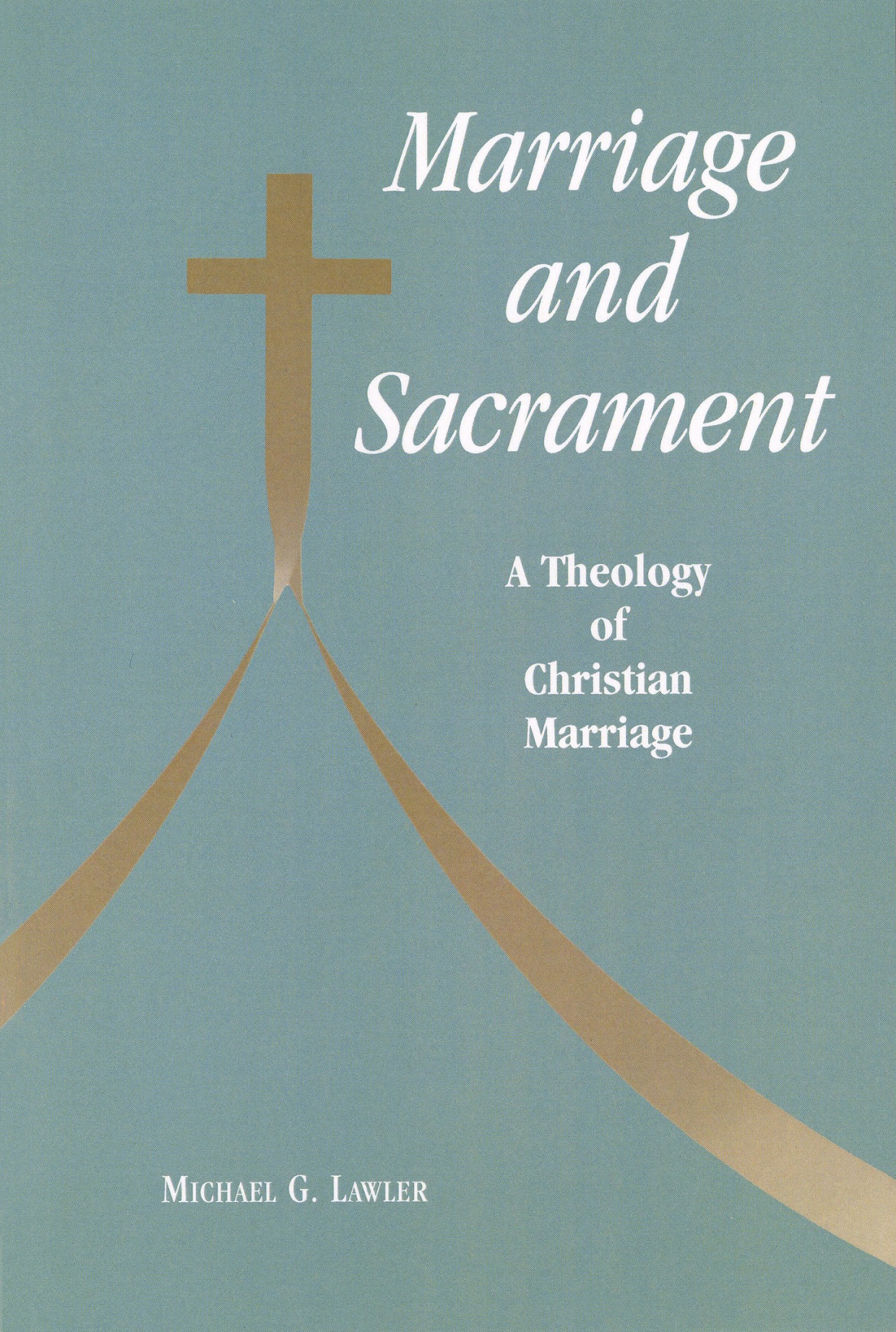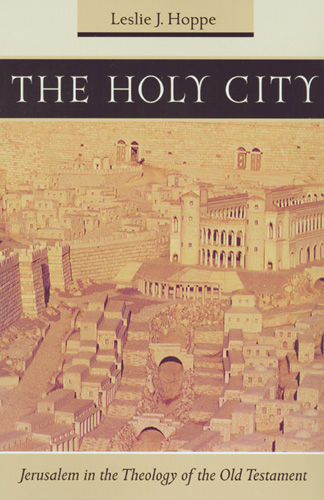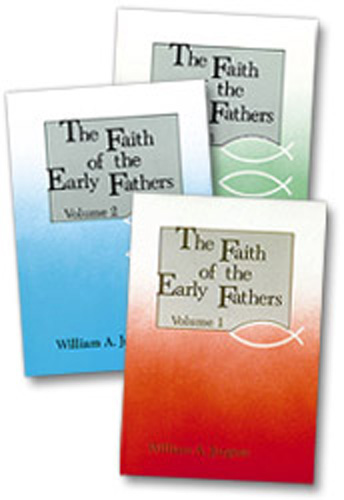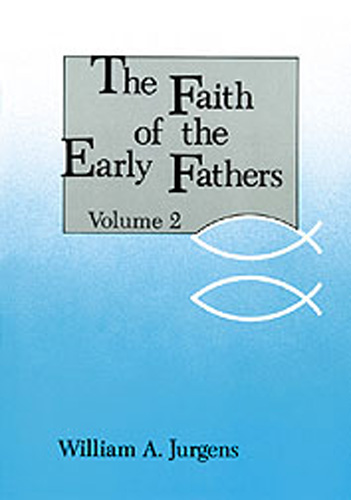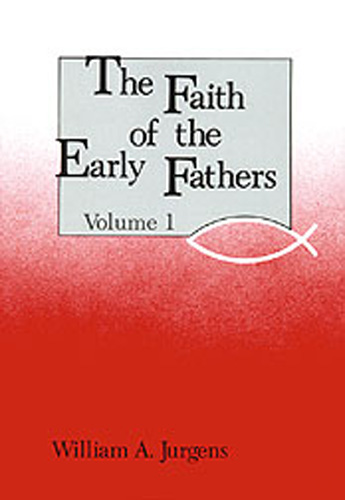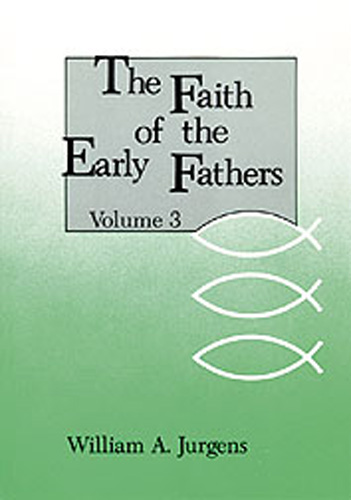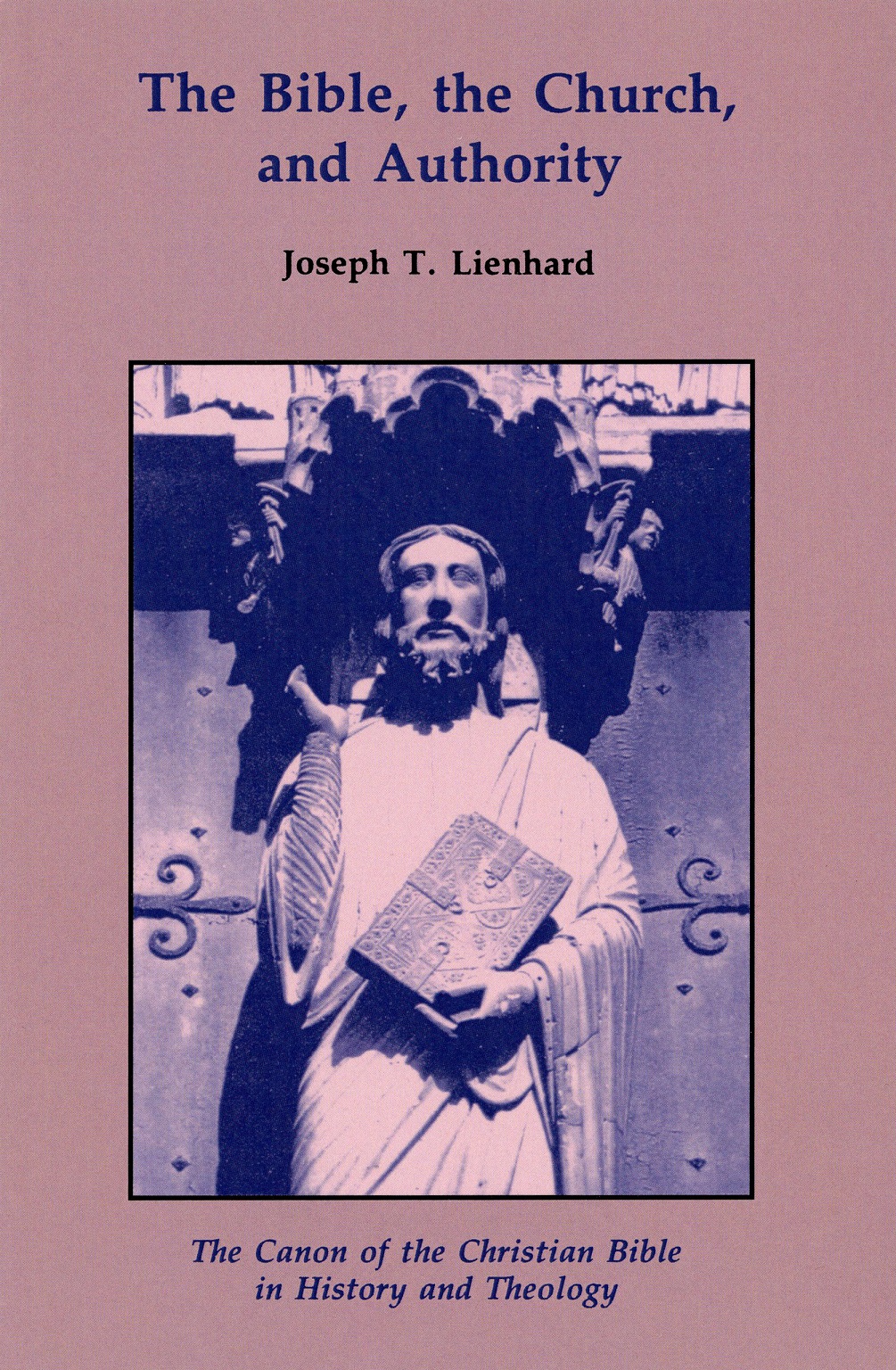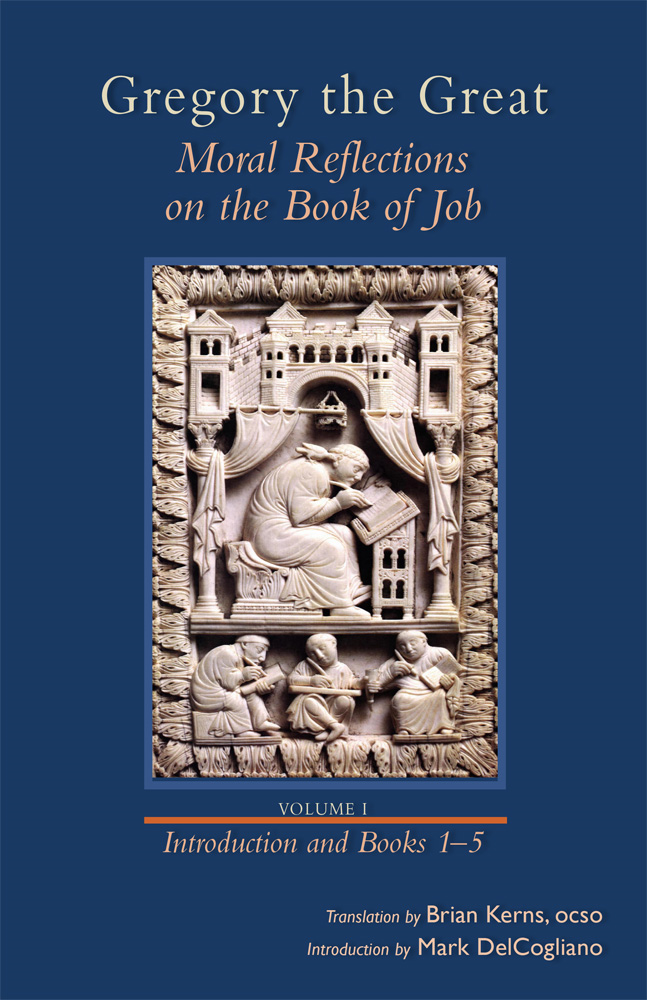The poetic and symbolic nature of John’s gospel betrays the weakness of historical-critical and other “scientific” methods of scriptural exegesis: Although valuable for the insights they do provide, scientific methods are not sensitive to the spiritual dimensions of biblical revelation.
Father Dumm therefore offers something more than the traditional chapter-and-verse commentary. Understanding that all of the gospels were written after the resurrection and, consequently, that the passion narrative greatly influenced how the earlier chapters were composed, Father Dumm gives more prominence to the climax of the career of Jesus: his passion, death, and resurrection. By beginning “at the end,” Father Dumm uncovers the guiding principle of this gospel. In the process he makes some surprising discoveries about the dangers of religious ritual but finds remedy for these dangers in the importance of personal mystical experience within the context of a believing community.
Chapters are “The Hour has Come,” “Testifying to the Truth,” “Love Gives All,” “Love Conquers All,” “Love One Another,” “Abide in Me as I Abide in You,” “That They May be One,” “Conversion,” “Baptism,” “Eucharist,” “Enlightenment,” and “Eternal Life.”
Demetrius Dumm, OSB, is a monk of St. Vincent’s Archabbey, Latrobe, Pennsylvania. A professor of New Testament for almost fifty years, he is the author of several books and has given numerous retreats and workshops designed to allow scholarship to bear fruit in the spiritual life of the nonscholar.

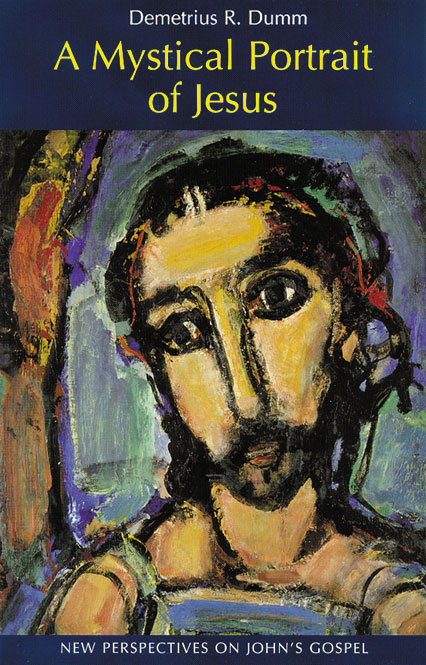
 Back
Back
